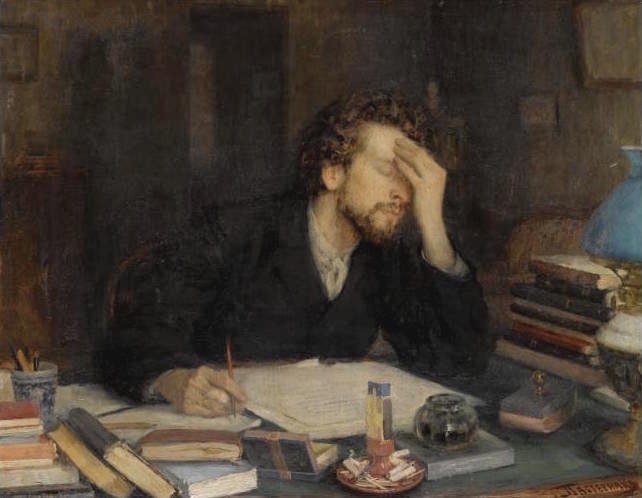Have you ever found yourself staring at a blank page, waiting for inspiration that never comes? Writer’s block can be especially frustrating for poets, where every word and rhythm matters. The good news is that you’re not alone, and there are proven strategies to help you break free. Whether it’s through simple creative exercises or by enlisting a poetry editor for hire, this guide is here to help.
Understanding Writer’s Block
Writer’s block is a common challenge, but what exactly causes it? It’s not just about lacking ideas; it can stem from mental fatigue, self-doubt, or even external stressors. Understanding its root cause is the first step toward overcoming it.
Common Causes of Writer’s Block
- Fear of Failure: Are you worried your poem won’t be good enough?
- Overwhelm: Too many ideas can be just as paralyzing as none at all.
- Stress and Fatigue: Life’s pressures can stifle creativity.
Setting Realistic Expectations
Not every poem needs to be a masterpiece. Start small—even a single line can be a victory. Remember, creativity thrives in freedom, not pressure.
Create a Dedicated Writing Space
Design a space where you feel comfortable and inspired. It doesn’t have to be elaborate; even a quiet corner with a notebook and a cup of tea can work wonders.
Inspiration from Nature and Art
Sometimes, the best way to write is to stop writing. Take a walk, visit a museum, or listen to music. These experiences can reignite your creative spark.
Writing Exercises to Jumpstart Creativity
Try these simple exercises:
- Word Association: Write down a word and jot down everything it makes you think of.
- Ekphrastic Writing: Describe a painting or photograph in poetic form.
- Haiku Challenge: Compose three-line poems about random objects around you.
Reading and Analyzing Poetry
Immerse yourself in the works of other poets. Pay attention to their use of rhythm, imagery, and structure. This can inspire new approaches to your own writing.
Freewriting and Journaling
Set a timer for 10 minutes and write whatever comes to mind. Don’t worry about grammar or structure—just let the words flow. Journaling can also help you process thoughts and emotions, making room for creativity.
The Role of a Poetry Editor for Hire
Sometimes, a fresh perspective can make all the difference. A poetry editor for hire can:
- Offer constructive feedback.
- Help refine your ideas.
- Suggest ways to enhance your poetic voice.
Collaborating with Fellow Poets
Join a poet group or attend workshops. Sharing your work and hearing others’ insights can be incredibly motivating and enlightening.
Leveraging Technology and Apps
Apps like Poet Assistant or Evernote can help you organize your thoughts and find rhymes. Technology isn’t the enemy of creativity; it’s a tool you can use.
Overcoming Perfectionism
Your first draft doesn’t have to be perfect. Think of it as clay—something you can shape and refine over time.
Mindfulness and Relaxation Techniques
Meditation and breathing exercises can calm your mind, creating space for new ideas to emerge. Even a few minutes of mindfulness each day can make a big difference.
Developing a Consistent Writing Routine
Set aside a specific time each day for writing. Consistency builds momentum and helps establish a creative habit.
Conclusion and Final Thoughts
Writer’s block doesn’t have to be a dead end. By understanding its causes and implementing strategies like freewriting, collaboration, and working with a poetry editor for hire, you can reignite your creative flame. Remember, every poet faces this challenge—what matters is how you overcome it.


